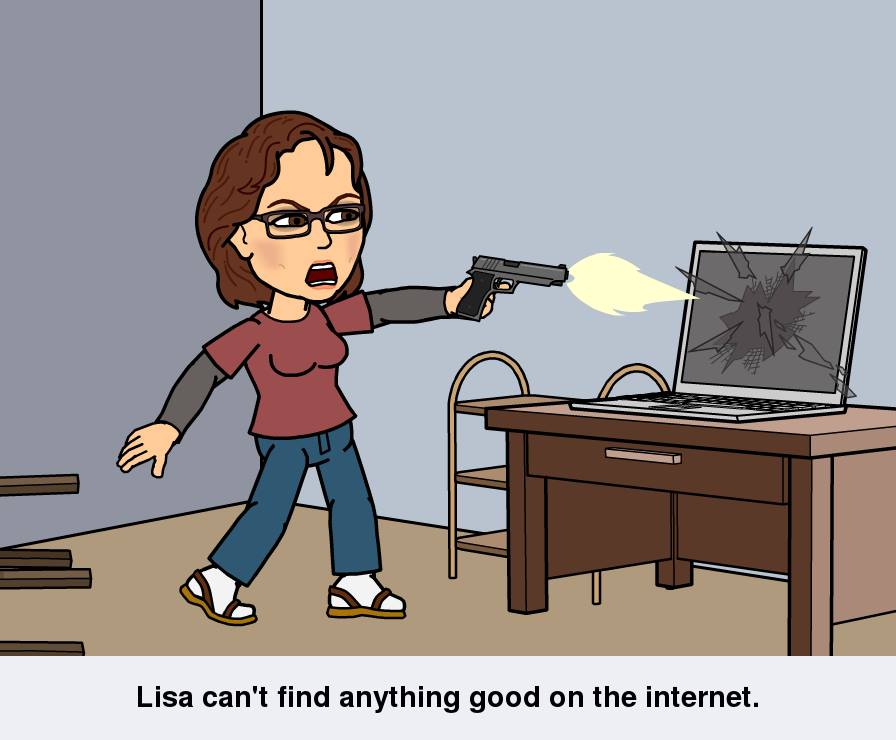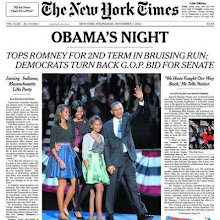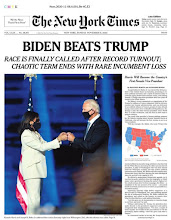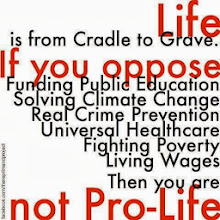In the hours and days after
the Boston Marathon bombing, Americans showcased in bloody technicolor the
racism, Islamophobia and pure-hate-mongering that are the unfortunate lingering
(festering?) by-products of the culture created by the Bush Administration’s
handling of the 9/11 terrorist attacks. Honestly,
I hoped that this time around we might get a glimpse of how different the
reaction to a terrorist action might look with the country headed by an administration
of markedly different ideology than the previous one. The Obama Administration did attempt to go on
record as cautious, calm and authoritative, but its stretch toward a thoughtful moral
narrative was drowned out—heckled, even—by the Chicken Little school of reason that was founded by a craven leadership
on one fateful September morning, and has been honed and encouraged ever since.
If our national character was
not permanently damaged by the Bush Administration’s blatant exploitation of
the fear and confusion brought on by 9/11, it suffered a blow so serious that
more than a decade later we have recovered neither our courage nor our moral
compass. We still scream fear-inspired
epithets at an entire ethnic group, 99.99999% of whom bear no blame for the
attacks that have reduced us to a quivering, raving mob. We threaten torture,
murder, wholesale deportment and worse to neighbors—some of whose families have
been in this country for generations—merely because they practice the same
religion as some crazy person who decided his ethnicity provided a convenient excuse
for him to carry out his psychopathic craving to murder strangers.
What is wrong with us?
Look back at the aftermath of
World War II. Hitler was Satan incarnate,
Mussolini an opportunistic despot. But
for whatever reason, we never held the German or Italian people responsible for the transgressions of their leaders. Why?
Because they looked like us?
Because they were Lutherans or Catholics? Because the US has been inextricably
connected to Europe since its birth? Did
we believe, on some level, that war is what they DO in Europe, and our role
would forever be to muster ourselves across the water to restore order when the
conflicts got ugly?
In spite of Hitler’s and a
complicit Europe’s systematic genocide—the truly sick annihilation of nearly
six million Europeans of Jewish descent—we gave Europeans a pass. It was
upon the Japanese that we unleashed our hysteria, fear and hatred. We were much more inclined to hold all Japanese responsible for the actions
of their leaders. It was easy—they did
not look like us, they did not share our religious or political history. We didn’t understand them and we didn’t care
to. It was easy to demonize the entire
race; and so we treated Americans of Japanese descent shamefully. Nearly seventy years after the end of World
War II, this failing grade on our national moral report card is a cause of
lingering shame and regret.
And yet, it’s obvious that, as
a nation, we do not have the capacity to learn from our own mistakes.
Are we still such a young and callow people? Where is the wisdom? Where is the outrage? Where is the courageous refusal to saddle up
the lynch mob and go riding out into the ideological desert to inflict frontier
justice on the rest of the world?
We are better than this.
We have to be.















